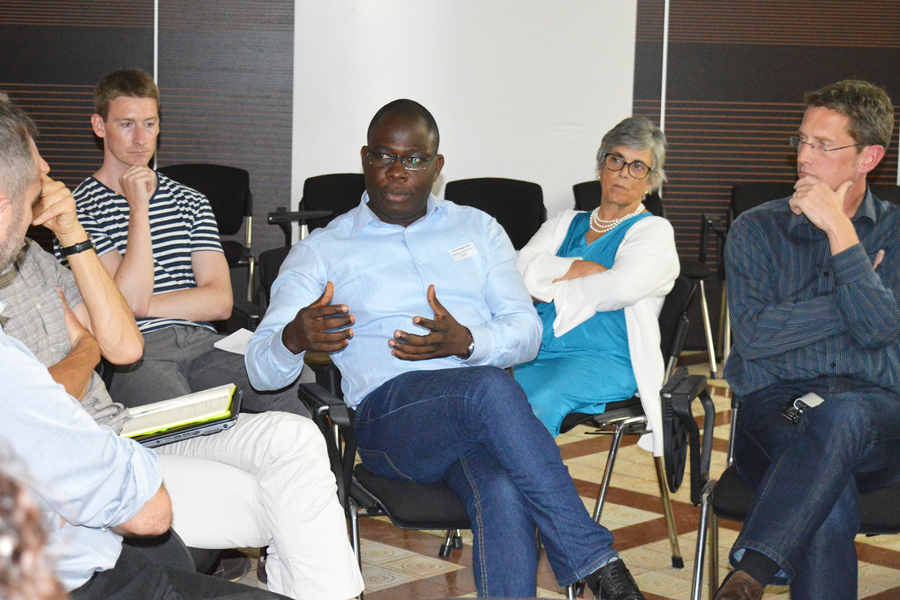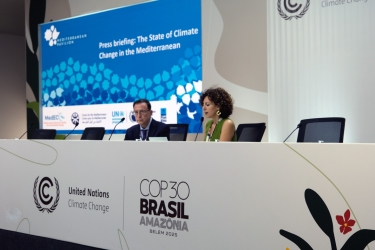Exploring new approaches to tree breeding and conservation
Forests — and those who depend on them — face unprecedented challenges from climate change. Preparing for and adapting to these challenges, for example with tree breeding programmes and conservation efforts, can be enhanced by techniques in molecular biology.
New genetically-informed approaches, including new-generation breeding strategies, will permit researchers to harness natural genetic variation to promote forest health and productivity.
An event at the recent Annual Conference of the European Forest Institute in Alghero (Sardinia, Italy) aimed to expose participants to these new approaches and to elicit their ideas for further development.
‘Research that matters’ began with three recognised researchers giving an overview of their work on forest genetics.
- Ramni Jamnadass, of the World Agroforestry Center, explained how new methods and knowledge about genetic diversity may contribute to the sustainable use and conservation of native trees in developing countries.
- Enoch Achigan Dako, of the Faculty of Agronomic Sciences at the University of Abomey-Calavi in Benin, spoke about breeding methods for orphan and native tree species in developing countries
- Chris Kettle, of Bioversity International, looked at genomic approaches in research for development specifically from a forest perspective.
After their engaging presentations, all of which combined genomic research with work among communities to conserve local tree species and improve livelihoods, the speakers kicked off a “fishbowl” conversation. This is an approach as new as some of the molecular tools, which allows participants to share their own experiences and respond to the more general discussion by replacing the initial members of an “inner circle” of speakers.
Conversation centred on the contribution of genomics to the Sustainable Development Goals and the conservation of orphan crops. Two of the main points to emerge were the need for better food rather than more food and the importance of economically valuable trees. On the first, participants agreed that forests fruits could add diversity to the diet and thus improve nutrition. The second point recognised that very few species are covered by current conservation strategies, and suggested that if an economic interest in a tree species could be identified, it could underpin its conservation. However, there is a pressing need to move beyond single-species thinking to encompass the entirety of forest ecosystems.
Several other important issues were raised during the fishbowl discussion, which the presenters plan to incorporate in an opinion paper that they will submit to an appropriate journal.
The event was organised jointly by the EVOLTREE network and the European Forest Genetic Resources Programme (EUFORGEN)
.



